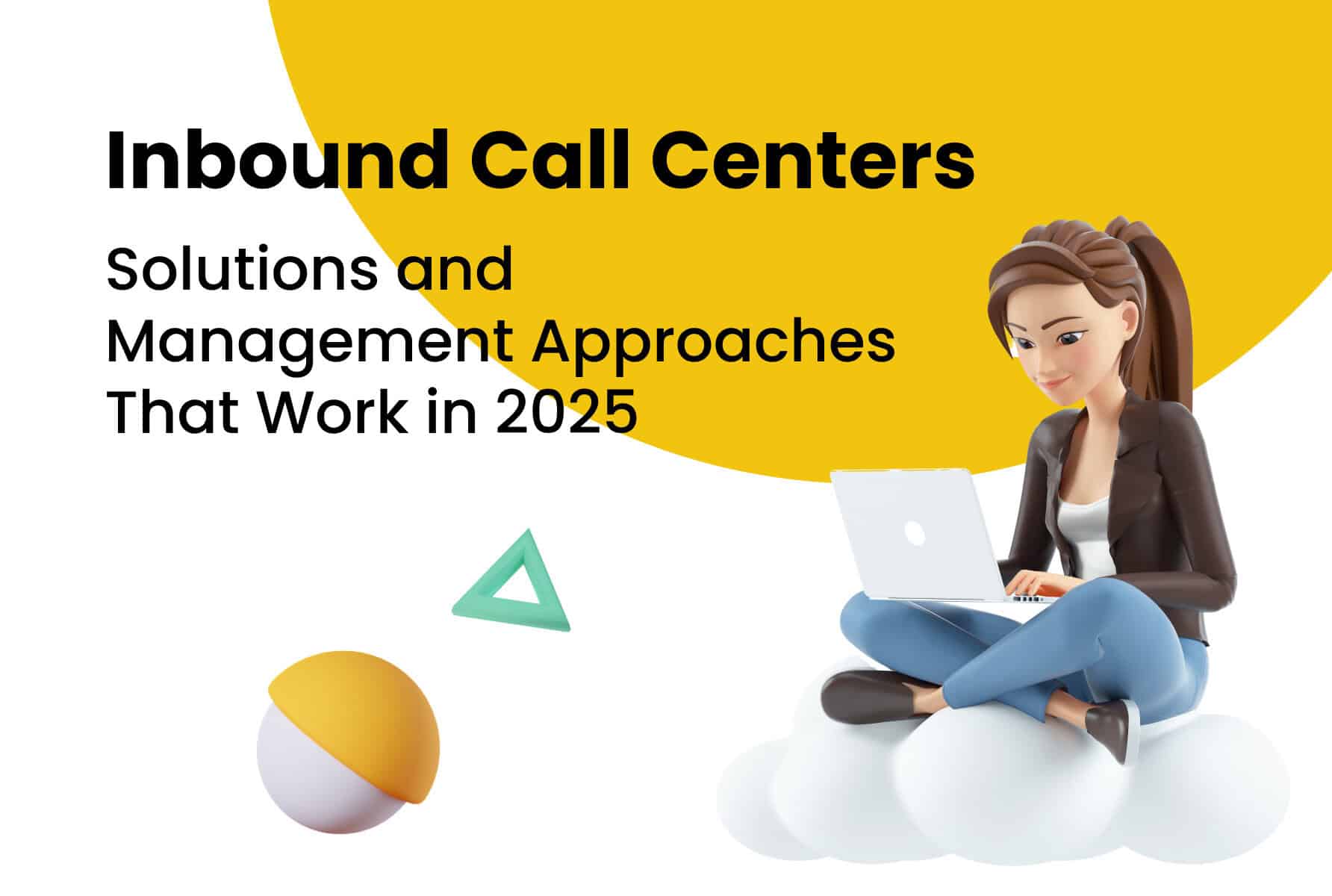Data has become the lifeblood of the modern business world. For sales knowing how to capture key customer communications in a CRM system is essential. If you want to make sure your conversations with customers get tracked properly – allowing you to easily look up customer information and return calls quickly – then it’s time to start taking a closer look at how well you harness communication data. But don’t worry – here are some best practices for effectively capturing communications data from customer conversations using your CRM system. From automating certain processes to utilizing integration features.
What is a CRM system and why is it important to capture communications within your business ecosystem
Picture this: you walk into your local coffee shop and the barista greets you by name, asks how your weekend was, and even remembers your favorite drink order. Now imagine if all of your potential and current customers could have that same personalized experience with your business. Enter the CRM system, which stands for customer relationship management. Simply put, a CRM system helps you with capturing communications and keeping track of all your interactions with clients and prospects. This ensures that no one falls through the cracks. Plus, if used properly, a CRM system can help you identify trends, track sales goals, and ultimately lead to increased revenue. So don’t let anyone slip through the cracks – invest in a CRM system and start personalizing those communications!
The Benefits of Capturing Communications in a CRM System
Let’s be real, keeping track of communication with customers can be a daunting task. But fear not, the benefits of capturing those interactions in a CRM system are well worth the effort. Not only will you have a clear record of all past conversations, but you can also use that data to personalize future interactions and tailor your efforts to fit their needs. So go ahead, embrace the CRM system and start reaping the rewards. Your customers will thank you.
Improved Customer Service
It’s safe to say that we’ve all experienced less than stellar customer service at some point. Whether we’ve been put on hold for 30 minutes or received a cold response from a customer service representative, it’s never a pleasant experience. Imagine being able to navigate a company’s website seamlessly and having all of your questions answered promptly and courteously by a knowledgeable representative. It’s like a breath of fresh air in a world where frustrating customer service seems to be the norm. So let’s raise a glass to better customer service, because who doesn’t love feeling valued and heard?
Increased Efficiency & Productivity
You know what they say: time is money. And for businesses, saving time can mean saving a whole lot of that money. That’s where a CRM system comes in handy. By capturing all of your communications in one centralized location, you can say goodbye to digging through endless email threads and searching for that one important phone number scribbled on a sticky note. With a CRM system, you can increase efficiency and productivity by having everything you need at your fingertips. It’s like having your own personal assistant!
Integrations & Connectivity
CRM systems are only as powerful as the data that drives them. That’s why it’s important to keep your CRM connected and integrated with other systems, such as customer feedback tools and marketing automation platforms. With these integrations in place, you’ll be able to capture valuable insights into customer behavior and preferences, allowing you to create more personalized experiences for each individual. Plus, you’ll be able to build stronger relationships with your customers and foster loyalty that will lead to increased sales and growth.
Automated Data Collection & Analysis
Say goodbye to the headache of manually tracking customer interactions and hello to the benefits of automated data collection and analysis. With a CRM system that’s capturing your communications, you can easily gather valuable insights about your customers and their needs, allowing you to make informed decisions about your business strategies. Plus, you’ll have more time to focus on what really matters – growing your business and keeping your customers happy. Automation really shines brightest when the lines are ringing and calling campaigns are in full flow.
It’s tempting to move from one call to the next (your perceived high value activity) without typing up notes (the perceived low value activity) in between and saving the admin part until it’s a bit quieter, but that can lead to the omission of key conversational data and sometimes, not adding it at all. Distractions are the enemy of accurate data but with automation you can be sure that ALL data is collected and accurately stored directly into your CRM. This drives your teams’ CRM adoption without them even knowing so it’s a win-win situation all round.
Best Practices for Implementing a CRM System
Implementing a CRM system can make daily admin a breeze, but it can also be a daunting task. To ensure success, here are some best practices to keep in mind. First off, involve your team early on and get their buy-in. After all, they’re the ones who will be using the system day in and day out. secondly, avoid trying to cram all your data into the system at once – take it slow and focus on quality over quantity. And finally, don’t forget to track your progress and adjust your strategy accordingly. Remember, implementing a CRM system is like planting a garden – it takes time, effort, and a whole lot of patience. So go forth, and cultivate that customer relationship!
Establish Clear Communication Protocols
Clear communication is essential for any organization to thrive, but it can often be easier said than done. However, establishing clear communication protocols is a crucial step in ensuring that everyone is on the same page and that confusion is kept to a minimum. With detailed guidelines in place, employees will know exactly what is expected of them and how to communicate effectively within the company. It’s not always easy, but with a little effort and a lot of patience, clear communication can streamline workflows, boost productivity, and foster a more harmonious work environment.
Customization is key
When it comes to CRM systems, making sure that they are customizable and can scale for future business growth is essential. That’s because a flexible and adaptable system will help you meet the changing needs of your customers as well as keep up with the ever-evolving technology landscape. Plus, if you make sure that your CRM system is personalized for each user, it will be much easier to use and more effective overall. This way, everyone in your organization can take in its features without feeling overwhelmed or confused. With a scalable, customisable and personalised CRM system in place, you’ll have all the tools necessary to ensure success now and into the future!
How to get the most out of a Computer Telephony Integration
Computer telephony integration (CTI) is a powerful tool that can take CRM systems to the next level. A CTI system allows businesses to integrate their phone systems into their CRMs, providing them with a seamless way to connect customers with the right information and support. With this integration, businesses can access customer information in real-time, create detailed call logs, and automate many of their processes. Plus, it decreases the amount of time spent searching through records or manually logging calls, allowing customer service reps to focus on what matters most – providing stellar customer service.
Analytics & Reporting
Call data is key to success, but sometimes it’s not enough just to look at the data – you need to be able to interpret it. That’s where analytics come in. By capturing communications and leveraging reporting tools within your CRM system, businesses can uncover hidden trends, identify opportunities for improvement, and develop more effective strategies for customer engagement. So make sure you have the right reporting tools in place to ensure that your CRM system is running at its full potential.
Speech Recognition and AI
In a world where technology is constantly evolving, businesses must keep up or risk being left behind. That’s where speech recognition and artificial intelligence (AI) come in. With the integration of these two technologies into CRMs, customer service can become more efficient and more personalized than ever before. By leveraging AI-powered chatbots to manage customer inquiries, businesses can save time and resources while providing customers with a superior experience. Plus, it can help identify customer trends and potential problems before they become major issues. So if you want to stay ahead of the curve and give your customers what they need, then consider incorporating speech recognition and AI into your CRM system.
Communication is king
A CTI offers a wide range of advantages to organizations that recognise that great communication is essential to business success. CloudCall is a powerful communication tool that boosts productivity and eliminates menial admin tasks by automating workflows. Integrating your phone system into a CRM with CloudCall means you can not only make high-quality calls but also capture call recordings and send SMS. The best part? It auto-syncs back into your customer records. Take a look at some more of the great CloudCall features that will improve your business’s performance, productivity and profits.
So what are you waiting for? Reach out to a member of the team to find out more.



